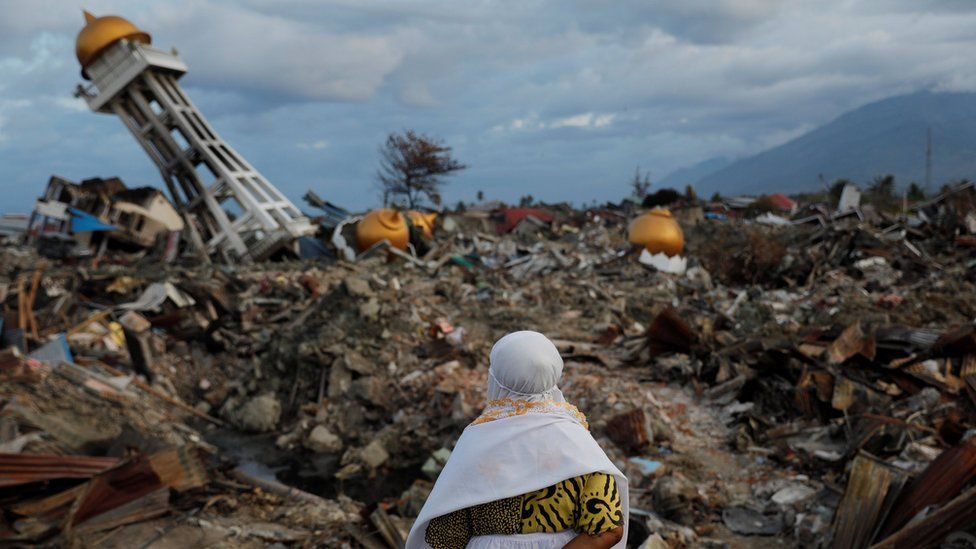Uncategorized
Long-Term Impact: Traumatic Weather Events May Alter Hormones, Reveals Tsunami Study
Our bodies’ ability to cope with stress has its limits, and recent research indicates that severe weather events can have enduring effects on our hormonal balance. A study, published in the Proceedings of the National Academy of Sciences, delves into the long-term health consequences of the 2004 tsunami that struck Indonesia, revealing a significant impact on survivors’ hormonal well-being more than a decade later.
Researchers, as part of an ongoing project examining the prolonged effects of the tsunami, focused on cortisol, the primary stress hormone. Hair samples from adults who experienced the disaster showed that women who survived had lower cortisol levels compared to those who did not endure the catastrophe. This decline suggests a form of hormonal “burnout” triggered by persistent stressors. The findings underscore the enduring effects of natural disasters and extreme weather events, which are expected to rise in frequency due to climate change, on individuals’ well-being long after the initial trauma.
The study specifically scrutinized the hypothalamic-pituitary-adrenal (HPA) axis, a regulatory system controlling cortisol levels. Under normal circumstances, cortisol rises in response to stress and returns to normal levels afterward. However, prolonged exposure to high stress levels can lead to HPA axis burnout, hindering the ability to mount a healthy stress response.
For the study, hair samples from over 600 individuals affected by the 2004 tsunami were analyzed, revealing the most significant HPA axis burnout in women directly exposed to the tsunami’s impacts, with cortisol levels 30% lower than their counterparts.
Duncan Thomas, an economist at Duke University and one of the study’s leads, emphasizes the research’s groundbreaking aspect in demonstrating the persistent health effects of large-scale disasters over the long term. The study suggests that the consequences of such events extend beyond the immediate aftermath.
Arun Karlamangla, a professor of medicine at the University of California, Los Angeles, notes that traumatic events can affect HPA axis function and cortisol levels for extended periods. The study’s findings highlight the potential long-term health impacts of climate change-induced natural disasters.
With the increasing frequency of extreme weather events, the study emphasizes the importance of post-disaster interventions, such as cognitive behavioral therapy, to mitigate immediate and long-term health effects. Investing in accessible resources for local communities in the aftermath of such events is crucial for improving both short-term and long-term outcomes for affected individuals.













